What is Disney’s Greatest Concern After Expiration of Copyright in Mickey Mouse
The 94-year-old Mickey Mouse will reach the end of its copyright protection term in the US,Disney’s headquarters. Actually, its copyright protection terms in other countries almost allexpired some time ago. Being well acquainted with Mickey Mouse IP, Disney has maximizedprofits by running its business skillfully and continuing making innovations. However, it hasweaknesses as well. This article discusses the most destructive practices by its rivals to thecommercial value of Mickey Mouse, potential damage to Mickey Mouse’s commercial value bymaking it a horror or pornographic movie, and its corresponding solutions.
I. Copyright protection terms of Mickey Mouse in the US and China
The US copyright protection term was extended again and again to 2024. Mickey Mouse wascreated by Walt Disney and first appeared in the movie Steamboat Willie in 1928 before itgradually became popular worldwide. At that time the maximum protection term in the USCopyright Law was 56 years, which means Mickey Mouse should have become available in thepublic domain in 1984.
Disney would certainly not give up such big business profits. The most direct approach they couldfind was to extend the copyright protection term. With Disney and other entertainment giantsagitating vigorously, the US congress amended the copyright law twice and the copyrightprotection term of Mickey Mouse was extended from 56 years to 95 years and will not expireuntil 2024.
The copyright protection terms in China and most parts of the world expired some time ago.
According to the Berne Convention for the Protection of Literary and Artistic Works1 (“BerneConvention”), the protection term of a legal person’s work is 50 years after its publication and that of an individual’s work is the life of the author and fifty years after his/her death. Our country is a party to Berne Convention. The copyright law of our country includes similar provisions relating to the copyright protection term. Walt Disney died in 1966 . Assuming that the longerprotection term of the individual’s work applies, the copyright protection terms of MickeyMouse in most parts of the world, including China all expired by 2016.
II. Why Disney is still a hard act to follow after expiration of the copyright in Mickey Mouse inChina?
Why no person except Disney has created influential works on Mickey Mouse since the copyrightin Mickey Mouse expired in China or other parts of the world? Because subject to the BerneConvention and the Copyright Law, the protection term of the original work of Mickey Mouse is50 years after the author’s death, but if Disney Company modifies the work by adding newelements to it, the protection term of the new elements as the legal person’s work is 50 yearsfrom their publication date.
In other words, the Mickey Mouse of which the copyright protection term is about to expire,heatedly discussed by the media lately, is the one that first appeared in public in 1928, but themost popular types of Mickey Mouse on the market at present were created by Disney in recentyears and are still within the copyright protection term.
The strategy used by Disney to cope with expiration of copyright in the original Mickey Mouse isto continue modifying and creating excellent new Mickey Mouse images. Nobody else that triesto create new Mickey Mouse is more familiar with this IP or able to do better than Disney. Ifanybody wants a piece of the cake, Disney will have the biggest piece. As long as it continuescreating new images that can dominate the market, Disney can have interests in the copyrightwith the best market value.
III. What could rivals do to destroy Mickey Mouse?
Despite the fact that nobody else is more familiar with the image of Mickey Mouse than Disney,it does not mean there is nothing Disney should be worried about. Actually, the biggest risk in the copyright expiration arises from damage to the image’s reputation rather than head-to-head competition. For example, if horrible or pornographic contents made by a third partyusing Mickey Mouse become popular on the market, the lovely pure image of Mickey Mouseaimed at teenagers would be destroyed and its value would be basically harmed.
Early this year Disney had a similar problem with another cartoon image the bear Winnie. Afterthe copyright protection term of Winnie expired, one director quickly launched the horror movieWinnie the Pooh: Blood and Honey and said in interviews that they tried their best to make themovie by merely relying on the 1926 version of the bear and guaranteed that nobody would mistake the movie as a work by Disney.
Here is another example. Peppa Pig, a well-known British cartoon image was created as a leadingrole in animations for kids. The Chinese joke that “Peppa Pig tattooed on the body, hands clappingfor mafia member” made it a hit, related it to gangsters and caused serious damage to its imagetargeted at kids. In the long run the term “sociable people” will seriously harm its market value.
IV. Can Disney claim its right if Mickey Mouse is made into a horror movie?
Disney can protect its right, if Mickey Mouse is made into a horror or pornographic movie withinthe copyright protection term, by claiming that the adapter infringes the author’s right to protectthe integrity of the work. If the copyright protection term expires, it is difficult to claim the right.In brief, if the action is brought in the US, the possibility that the plaintiff win is very low; if it isbrought in China by a successor of Mr. Disney, author of Mickey Mouse, not Disney Company, theplaintiff may win.
Berne Convention grants the author of a work independent and lifelong moral rights to protectthe work from being distorted, divided or modified in a way that may cause damage to his/herreputation, but provides that the moral rights should, after the author’s death, be maintained atleast until the expiry of the property rights in the work. In the country that did not grant moralrights to authors before becoming a party to the Berne Convention, it is allowed to provide thatthe moral rights are not protectable after the author’s death.
The term moral rights did not exist in the US before it became a party to the Berne Convention.In the US it is provided that the author no longer has moral rights after his/her death. Therefore,at present, in the US, after his/her death, the author no longer has the right to protect theintegrity of his/her work and his/her successor cannot claim the rights.
The Chinese Copyright Law explicitly provides that there are no protection term limitations onthe author’s rights to claim authorship, modify the work and protect the integrity of the work.The Implementation Rules on Copyright Law further provides that after the author’s death, suchrights shall be protected by the author’s heir or legatee. Based on the above provisions, theauthor’s moral rights such as the right to protect the integrity of the work are lifelong, non-assignable but inheritable. Therefore in China, heirs of Walt Disney are entitled to file lawsuitsagainst unauthorized acts of distorting or modifying the image of Mickey Mouse.
Finally, the current US Copyright Law is criticized for the 95-year protection term that is too long .
We do not quite agree with the law amendment for protecting Mickey Mouse’s copyrights. Fromthe perspective of law and economics, the social benefits and costs of extending the protectionterm should balance out. If the protection term is too long, the monopoly will be aggravatedand the cost of other person creating a new work and the cost of tracing right holders andobtaining authorization will be increased. Therefore, the effect of extending the protectionterm on the work creation may be negative and the benefits from it may be lower than thecosts.




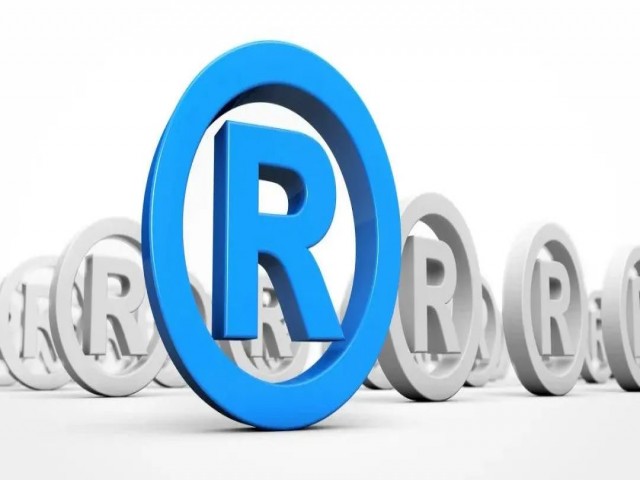


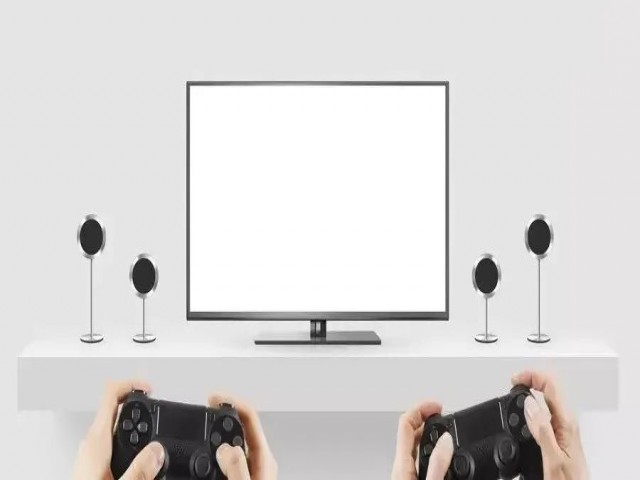
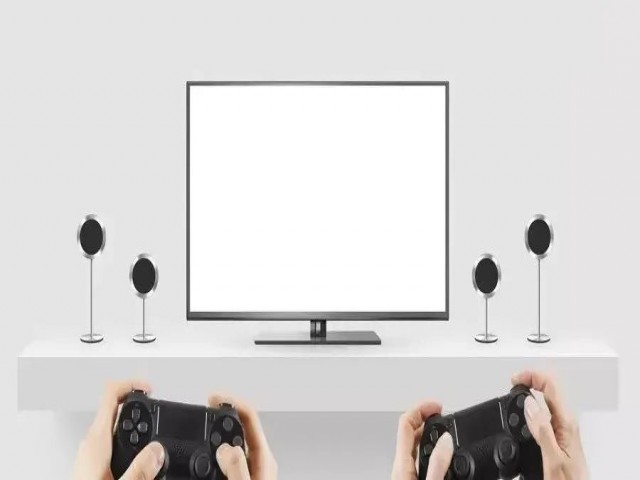



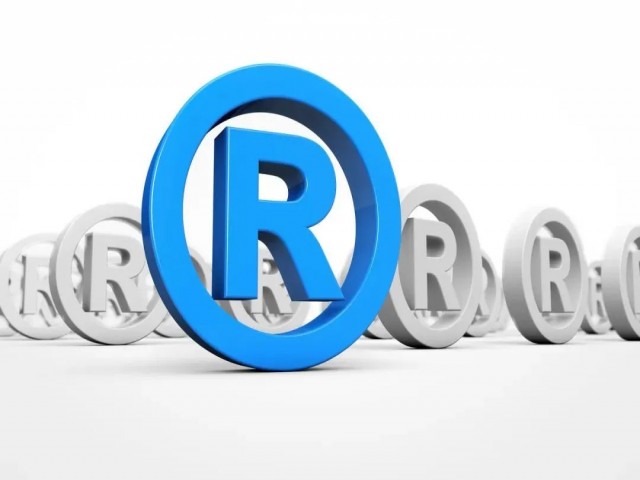

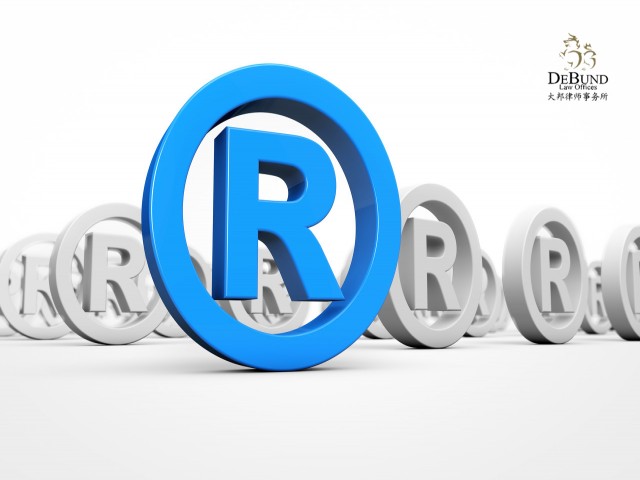





 沪公网安备 31010602001694号
沪公网安备 31010602001694号